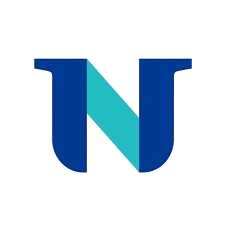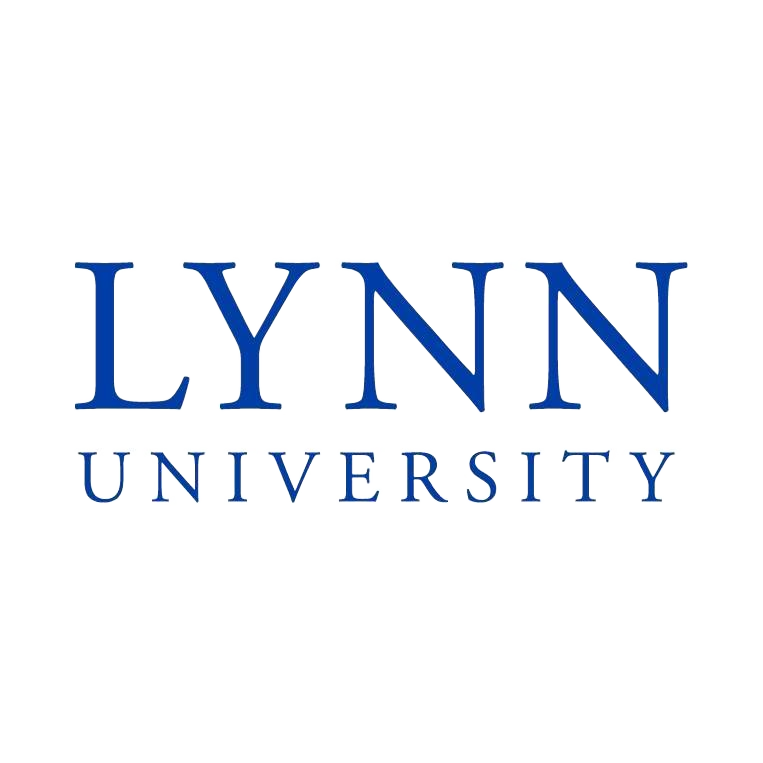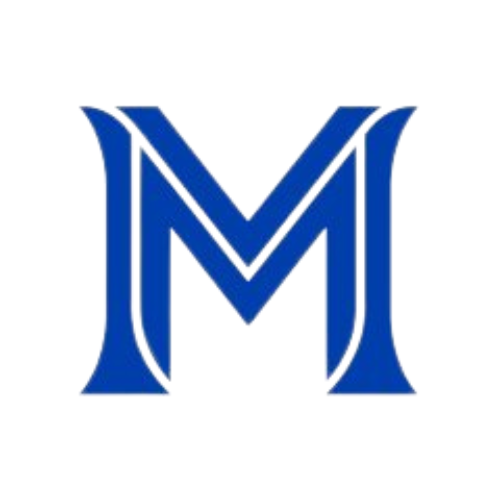
Financial aid (may be available)

Financial aid (may be available)

No cost info

No cost info

Financial aid (may be available)

Financial aid (may be available)

No cost info

No cost info

Financial aid (may be available)

No cost info

Financial aid (may be available)

Financial aid (may be available)

Financial aid (may be available)

Financial aid (may be available)
$3,286 total

$3,220 total
No cost info
No cost info
No cost info

Financial aid (may be available)
$649 total
No cost info
No cost info

$4,995 total
Are you interested in pursuing a career in Human Resource Administration? If you're located in Columbia, South Carolina, you're in luck! There are a variety of classes available near you that can provide you with the necessary training and skills to succeed in this field. In this blog post, we will explore what Human Resource Administration is, the training requirements, what to look for in a class, what to expect from the day-to-day class, the certification process, how to find related jobs, and other classes you can take after becoming a Human Resource Administrator.

Human Resource Administration is a field that focuses on managing and overseeing the personnel aspects of an organization. This includes tasks such as recruiting and hiring employees, managing employee benefits and compensation, handling employee relations and disputes, and ensuring compliance with labor laws and regulations.
To become a Human Resource Administrator, it is beneficial to have a combination of education and practical experience. While a degree in Human Resources or a related field is not always required, it can provide you with a solid foundation of knowledge and skills. Many colleges and universities offer degree programs or certificate programs in Human Resource Management that can help you gain the necessary expertise.
In addition to formal education, gaining practical experience through internships or entry-level HR positions can also be valuable. This hands-on experience allows you to apply the concepts learned in the classroom and develop a better understanding of the day-to-day responsibilities of a Human Resource Administrator.
When searching for Human Resource Administration classes near you in Columbia, there are several factors to consider to ensure you find the right fit for your needs:
Accreditation: Look for classes that are offered by accredited institutions. Accreditation ensures that the program meets certain quality standards and that the curriculum is up-to-date and relevant.
Curriculum: Review the curriculum of the class to ensure it covers the essential topics and skills needed in Human Resource Administration. Look for classes that cover areas such as recruitment and selection, employee relations, compensation and benefits, and HR laws and regulations.
Instructor Qualifications: Consider the qualifications and experience of the instructors. Look for instructors who have real-world experience in the field and who can provide practical insights and examples.
Flexibility: Consider whether the class is offered in a format that fits your schedule. Some classes may be offered in a traditional classroom setting, while others may be available online or in a hybrid format.
Cost: Consider the cost of the class and whether it fits within your budget. Keep in mind that investing in your education and training can lead to better job opportunities and higher earning potential in the long run.
Human Resource Administration classes are designed to provide you with a comprehensive understanding of the field and to develop the necessary skills to succeed in a HR role. Here are some things you can expect from the day-to-day class:
Lectures and Discussions: You can expect to attend lectures and participate in class discussions to learn about various HR topics and concepts. These sessions provide an opportunity to ask questions, share insights, and engage with your fellow classmates.
Case Studies and Group Projects: Many HR classes incorporate case studies and group projects to apply the knowledge and skills learned in real-world scenarios. These activities help develop critical thinking and problem-solving skills.
Guest Speakers: Some classes may invite guest speakers from the HR industry to share their experiences and provide insights into current trends and best practices.
Practical Exercises: HR classes often include practical exercises, such as role-playing scenarios or mock interviews, to help you practice and refine your HR skills.
Networking Opportunities: Taking a HR class provides you with the opportunity to meet and connect with other individuals who are also interested in the field. These connections can be valuable for future job opportunities and professional development.
While certification is not always required to work in Human Resource Administration, it can demonstrate your expertise and commitment to the field. The most recognized certification in HR is the Professional in Human Resources (PHR) certification, offered by the Human Resources Certification Institute (HRCI). To obtain this certification, you must meet certain eligibility requirements, such as a combination of education and experience, and pass an exam.
The PHR certification covers various areas of HR, including talent acquisition and planning, employee relations and engagement, compensation and benefits, and HR development and strategy. Achieving this certification can enhance your credibility and open up additional career opportunities.
Once you have completed your Human Resource Administration classes and obtained any desired certifications, you may be wondering how to find related job opportunities. Here are some steps you can take:
Networking: Utilize your network, including classmates, instructors, and professionals in the HR field, to learn about job openings and potential leads. Attend HR industry events and join professional HR associations to expand your network further.
Online Job Boards: Explore online job boards such as Indeed, LinkedIn, and Glassdoor to search for HR positions. Use keywords such as "Human Resource Administrator" or "HR Generalist" along with your location to narrow down the search results.
Company Websites: Visit the websites of companies you are interested in working for to check if they have any HR job openings. Many organizations post their job listings directly on their websites.
Recruitment Agencies: Consider reaching out to recruitment agencies that specialize in HR placements. They can help match your skills and qualifications with suitable job opportunities.
Human Resource Administration is a dynamic field with various specialization areas. Once you have gained experience and are looking to expand your skill set, you may consider taking additional classes in the following areas:
Employee Training and Development: This class focuses on designing and implementing training programs to enhance employee skills and knowledge.
Labor Relations: This class explores the legal and practical aspects of managing unionized workforces and handling labor disputes.
Compensation and Benefits: This class delves into the design and administration of employee compensation and benefits programs.
HR Analytics: This class focuses on using data and analytics to make informed HR decisions and measure the impact of HR programs.
Organizational Development: This class examines strategies and techniques for managing organizational change and improving employee performance.
If you are interested in a career in Human Resource Administration, taking classes in Columbia can provide you with the necessary knowledge and skills to succeed in this field. Remember to carefully consider the accreditation, curriculum, instructor qualifications, flexibility, and cost when choosing a class. Additionally, obtaining certifications such as the PHR can further enhance your career prospects. Dreambound, the largest platform for students to find vocational training programs, can help you find the perfect class that meets your needs and goals. Visit Dreambound to explore the wide range of vocational training options available to you.
Dreambound has written many guides to help you understand what it takes to get this certification. If you're curious about the process or requirements in other states, check out our other guides below:
Contemplating a change in your career path? Dreambound has written many comprehensive guides to aid you in making well-informed decisions.
Dreambound's platform allows prospective students to find the right educational program for them through searching, filtering, and connecting with our extensive selection of career & technical education partners.
Dreambound has over 70 programs across healthcare, technology, business, and industrial trades. This includes programs such as Medical Billing, Cybersecurity, and welding.
Some of our schools offer financial aid for those who qualify. Many others offer payment plans, where you can pay the cost of class over time.
Yes, Dreambound offers many online programs. On Dreambound's search, you can filter by online, in-person, and hybrid (part online, part in-person).
Dreambound is completely free for you to use! We are supported by schools and organizations who pay to advertise on our website, so we can offer all of our career resources for free.